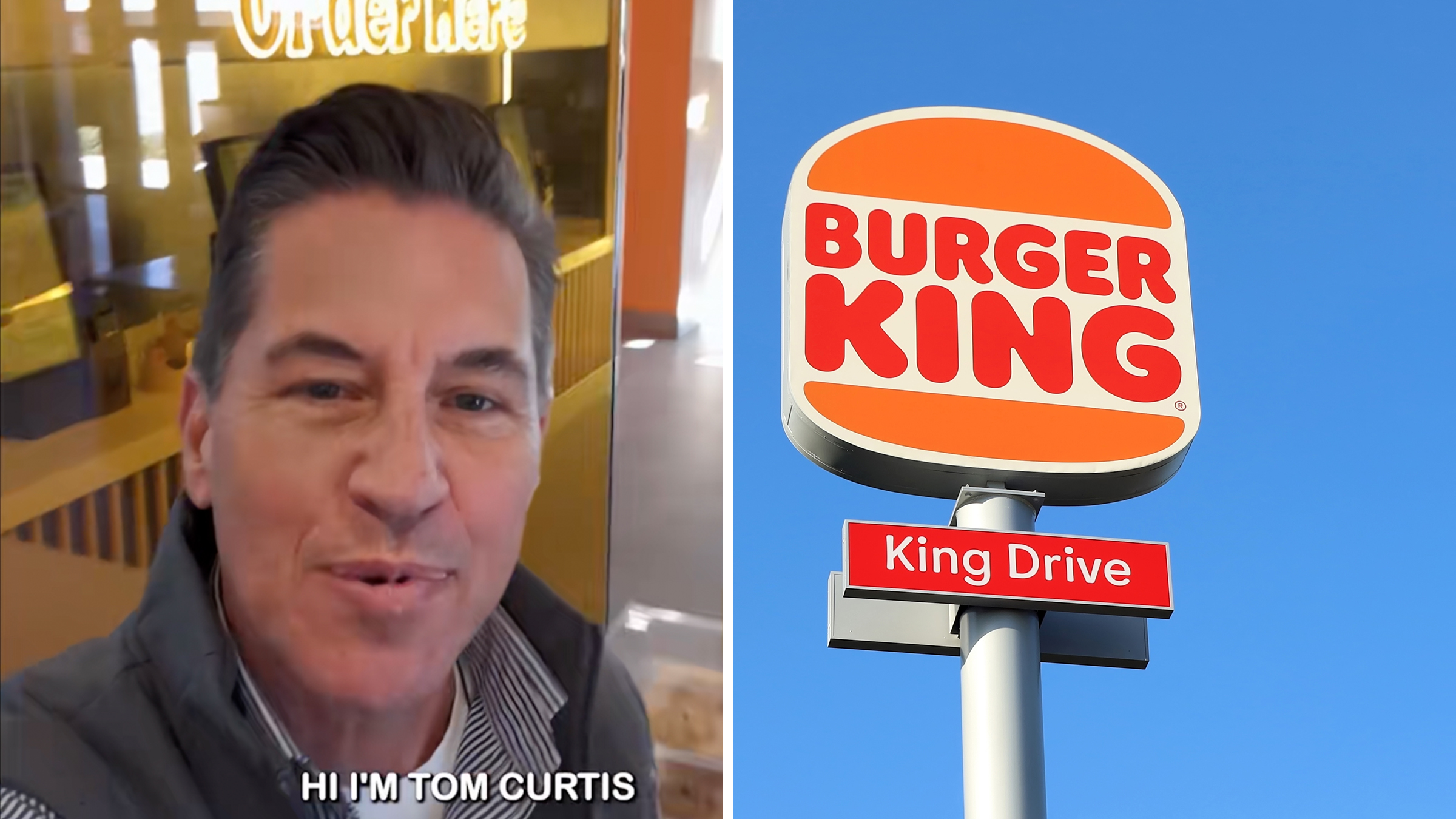OpenAI filed a motion on Monday to dismiss the New York Times’ case against it over claims that the generative AI company’s ChatGPT infringed on its copyright.
In the case, the Times claimed the flagship AI bot was duplicating the newspaper’s reporting as well as spreading hallucinated content attributed to the Times that harmed the company’s reputation.
OpenAI’s motion also says that the Times “hacked” ChatGPT by brute force to prompt the chatbot into “regurgitating” its training data.
“The truth, which will come out in the course of this case, is that the Times paid someone to hack OpenAI’s products,” lawyers for the tech company claimed in the filing. “It took them tens of thousands of attempts to generate the highly anomalous results that make up Exhibit J to the complaint," dubbing it a "prolonged and extensive efforts to hack OpenAI's models"
According to OpenAI, the results in that exhibit, which detail occasions when ChatGPT spit out verbatim passages of New York Times articles when prompted, could only be generated by repeated attempts by the company to generate them. “Normal people do not use OpenAI’s products in this way,” its lawyers argued.
In OpenAI’s initial response to the lawsuit on its blog, it made the same claim, saying that “Even when using such prompts, our models don’t typically behave the way the New York Times insinuates, which suggests they either instructed the model to regurgitate or cherry-picked their examples from many attempts,” implying, like in the suit, that the Times needed repeated efforts to create the basis for a copyright claim.
Lawyers for the company also disputed that training its product on a large corpus of internet data, including the New York Times, could constitute a copyright violation.
In the filing, OpenAI argues that reproducing excerpts from copyrighted texts is fair use, citing examples where the Times did just that in its reporting through block quotes.
They also cite rulings in a couple of other lawsuits brought against generative AI companies in the past year for precedent on that argument, including one brought by authors against OpenAI (who are now trying to combine their case with the Times), and another brought by artists against Midjourney, whose product generates images.
According to those rulings, OpenAI’s lawyers say, the fact that ChatGPT is not generating the full text of the articles and that it is providing attribution to the Times in its output, means it is not infringing copyright in the way the newspaper is accusing.
For its part, the Times has argued that the AI responses mean that readers no longer have to go to its website to get the information. This is particularly harmful, it says, for promotional articles it put out for product recommendations like its Wirecutter section, which includes affiliate links.
But OpenAI pushed back on the idea that it causes harm this way, saying that the examples the Times provided show ChatGPT responding by “directing the user to Wirecutter itself and providing a short, non-verbatim summary of the recommendation.”
Along with the filing to dismiss the case, OpenAI also asked for oral arguments to be held to discuss the dismissal.
“ChatGPT is not in any way a substitute for a subscription to the New York Times,” OpenAI’s lawyers wrote. “In the real world, people do not use ChatGPT or any other OpenAI product for that purpose.”







